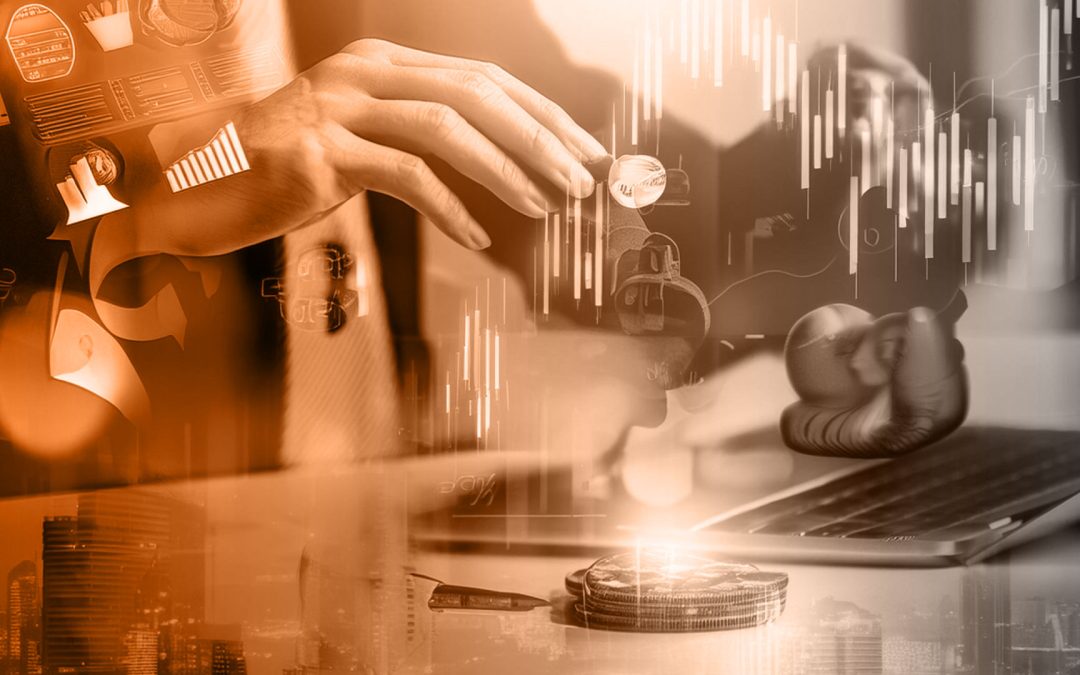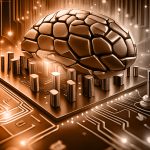Introduction
In recent years, the integration of artificial intelligence (AI) into trading has transformed the landscape of financial markets. In this blog post, we’ll explore the growing influence of AI in trading and its implications for the future of market dynamics.
AI in Trading Today
AI algorithms are increasingly being employed by traders to analyze vast amounts of market data, identify patterns, and execute trades with precision and speed. These algorithms can adapt to changing market conditions, making split-second decisions that human traders may struggle to replicate. As AI technology continues to advance, its applications in trading are becoming more sophisticated, leading to increased efficiency and profitability for traders.
Future Developments
The future of AI in trading holds immense potential for further innovation and development. Advancements in machine learning algorithms, natural language processing, and predictive analytics are poised to revolutionize how trading is conducted. We can expect to see AI systems capable of understanding complex market dynamics, predicting market trends with greater accuracy, and optimizing trading strategies in real-time. Additionally, the integration of AI with other emerging technologies such as blockchain and quantum computing could further enhance the capabilities of AI-powered trading systems.
Implications for Market Dynamics
The widespread adoption of AI in trading is likely to have profound implications for market dynamics. AI algorithms are capable of processing vast amounts of data and identifying trading opportunities that may go unnoticed by human traders. This increased efficiency and automation could lead to greater market liquidity, reduced transaction costs, and more efficient price discovery. However, it may also exacerbate market volatility and lead to unforeseen systemic risks, necessitating careful monitoring and regulation by market authorities.
Conclusion
The rise of AI in trading represents a paradigm shift in the way financial markets operate. As AI technology continues to advance, its applications in trading are becoming increasingly sophisticated, shaping the future of market dynamics. While AI has the potential to enhance efficiency and profitability for traders, it also poses challenges and risks that must be carefully managed. By staying informed about the latest developments in AI technology and its implications for trading, market participants can position themselves to capitalize on the opportunities presented by this transformative trend.






